In any kitchen, timing is crucial. The difference between perfectly tender and disappointingly burnt can come down to just a few minutes. Whether you’re baking a delicate soufflé, frying up some wings, or just boiling eggs, a good kitchen timer can be your best ally. With a variety of timers available, from stylish mechanical ones to multifunctional digital devices, choosing the right one might seem overwhelming. Here’s a guide to help you select the perfect kitchen timer based on your specific cooking needs and preferences.
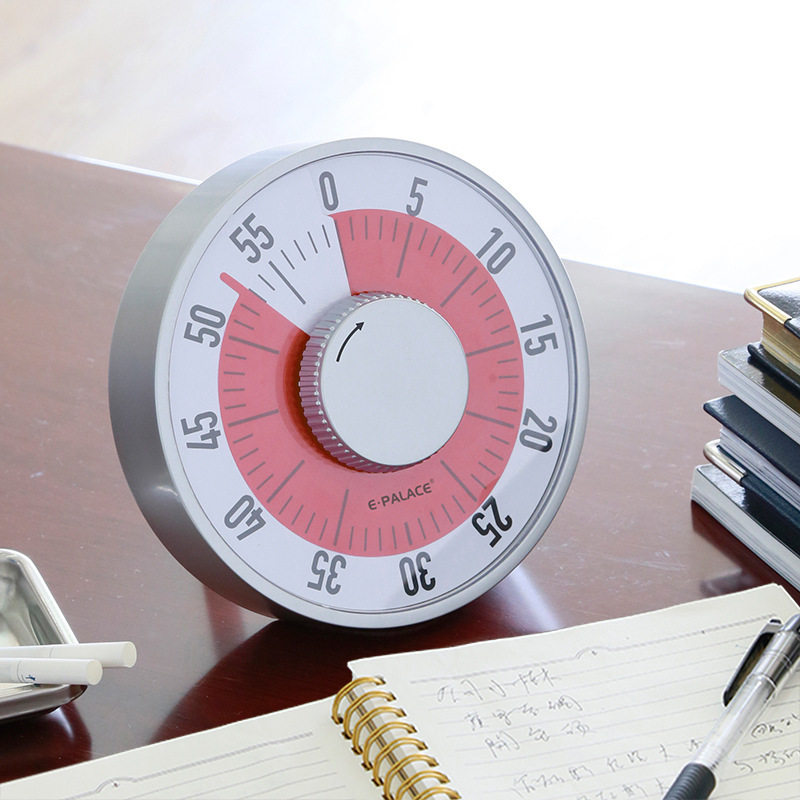
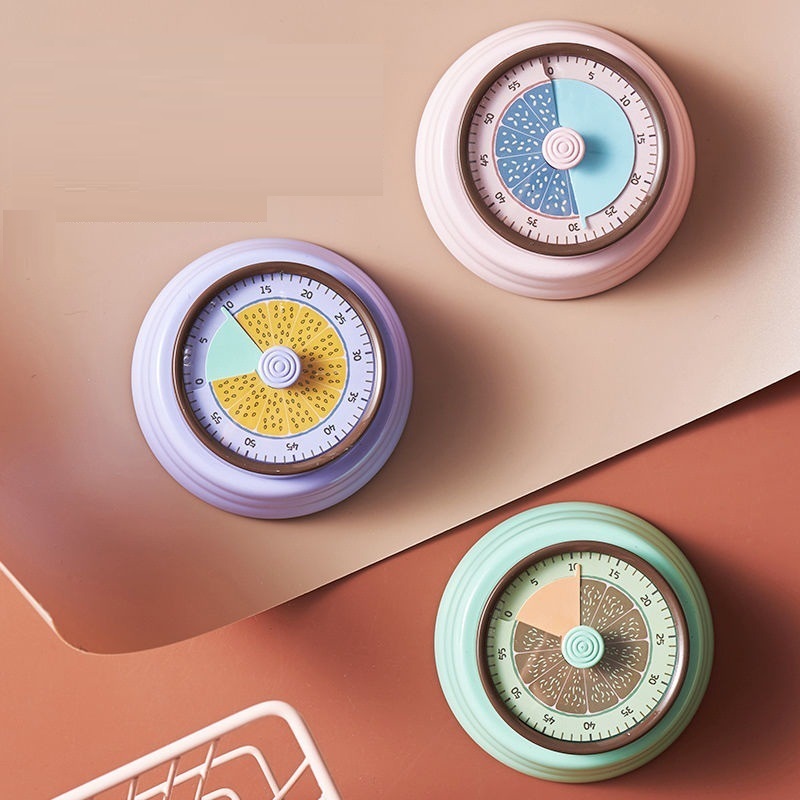
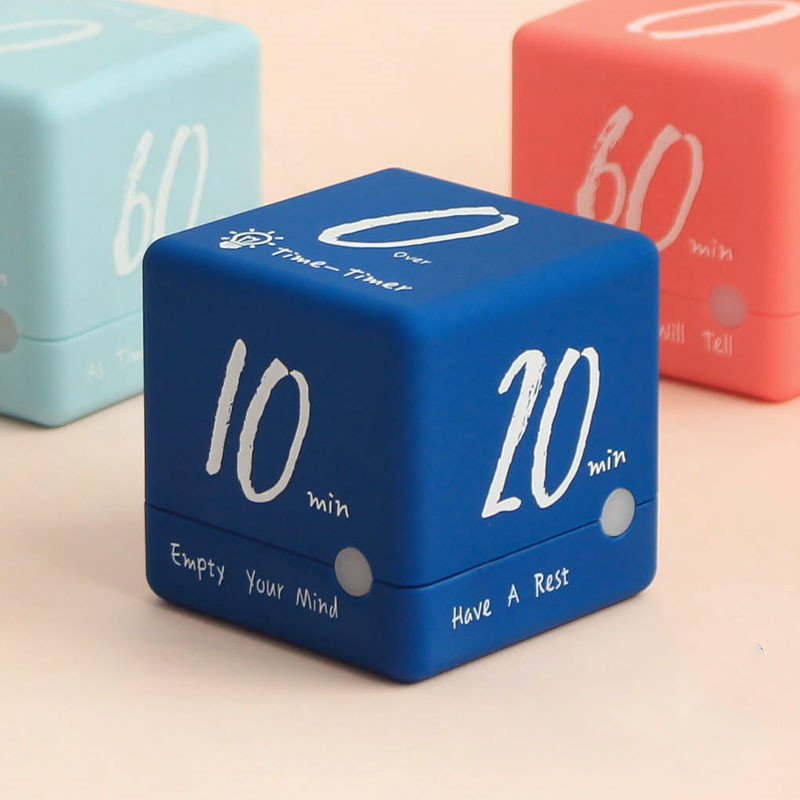


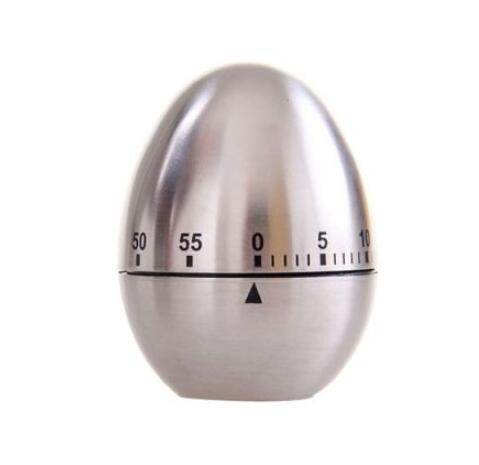
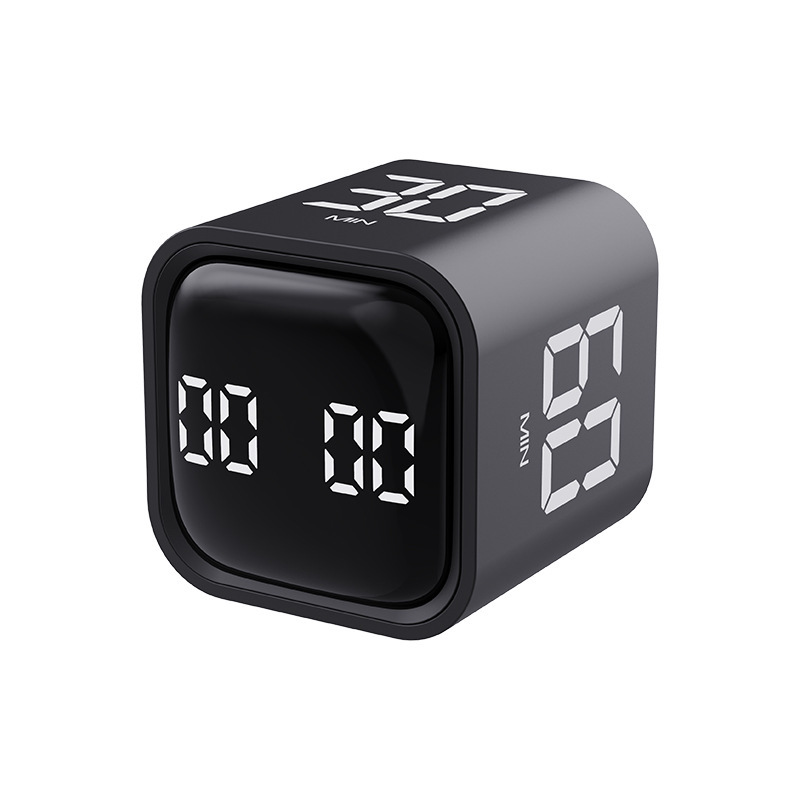
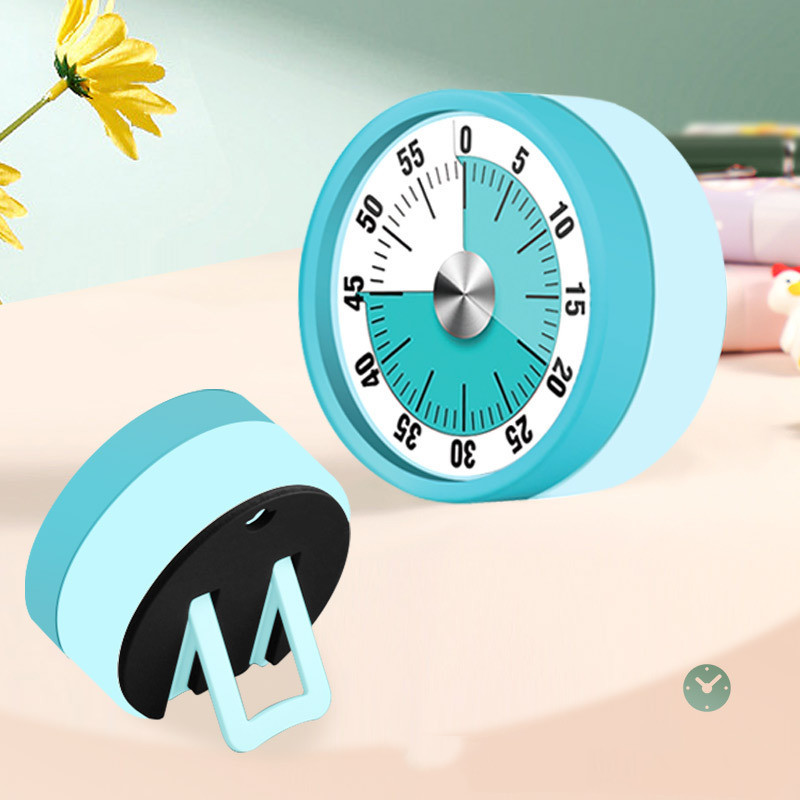
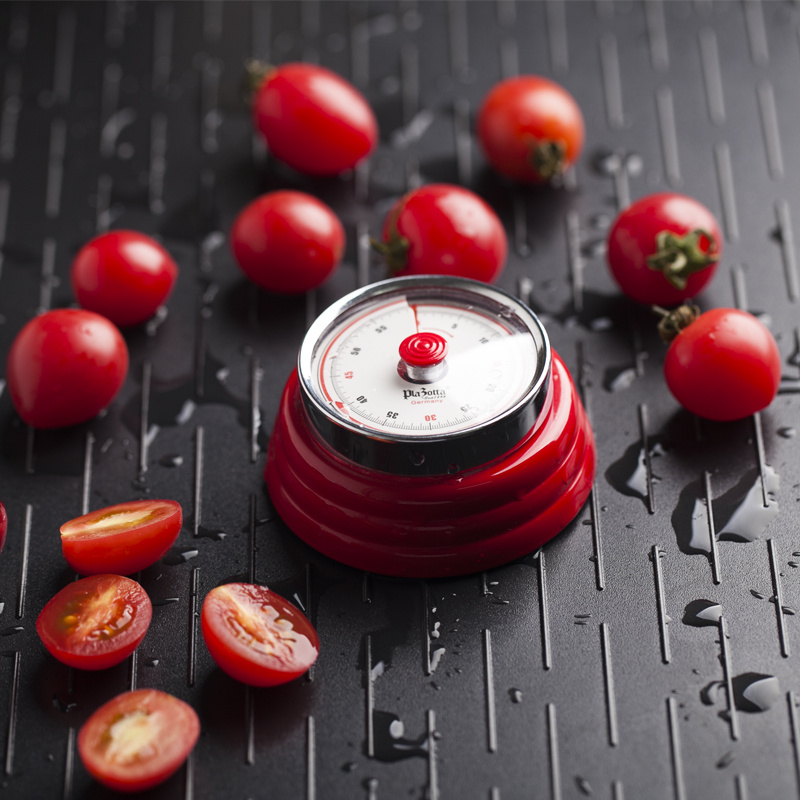
1. Understand the Types of Kitchen Timers
- Mechanical Timers: These are traditional timers that often feature a simple twist-to-set mechanism. They require no batteries and are appreciated for their reliability and nostalgic charm.
- Digital Timers: Offering precise measurement down to the second, digital timers often come with multiple functions like countdowns and count-ups, and sometimes even memory for frequently used settings.
- Decorative Timers: These timers double as kitchen décor and are perfect for those who value aesthetics as much as functionality. They may be mechanical or digital and come in various designs to match your kitchen’s style.
2. Consider the Timer’s Duration Capability
Most cooking tasks require a timer that can handle durations from a few seconds up to several hours. Mechanical timers typically offer up to 60 minutes of timing, which is suitable for most baking and cooking tasks. If you’re into slow cooking or need extended hours, a digital timer would be more appropriate as it can track longer periods effortlessly.
3. Check for Additional Features
- Multiple Alarms: If you often cook multiple dishes at once, consider a timer that can handle several countdowns simultaneously.
- Loudness of Alarm: Ensure the timer’s alarm is loud enough to hear from another room if you tend to step away from the kitchen.
- Magnetic Back or Stand: A timer with a magnetic back can be conveniently placed on any metal surface like a refrigerator door, while timers with stands are stable on countertops.
- Visibility: Digital timers with large displays are easier to read at a glance, which is a crucial factor if you have vision impairments.
4. Ease of Use
A good kitchen timer should be straightforward to set up and operate. Mechanical timers are generally simpler to use as they often involve just a single twist. Digital timers, while offering more precision, can sometimes be complex due to extra buttons and settings.
5. Durability and Cleaning
Consider the timer’s material and build quality, especially if you’re a frequent cooker. Kitchen environments can be harsh with varying temperatures and occasional spills. Stainless steel and ABS plastic are durable materials that can withstand such conditions and are easy to clean.
6. Aesthetics
While functionality should be your primary concern, choosing a timer that matches your kitchen’s decor can add a pleasant aesthetic touch. Whether you prefer a modern digital timer or a classic stainless steel design, it should feel like a cohesive part of your kitchen.
Example Kitchen Timers Reviewed:
Mechanical Magnetic Timer: Ideal for those who appreciate a battery-free option with an easy-to-use manual twist.
-


Kitchen Magnetic Timer Mechanical Timer
$50.98 Buy Now -


Mechanical Timer Kitchen Reminder With Magnet Timer
From $45.13 Buy Now -


Kitchen Mechanical Timer Cooking Magnetic Time Manager Timer
$22.10 Buy Now -


Kitchen Mechanical Timers for Decoration
From $28.88 Buy Now -

Kitchen mechanical timer
$68.80 Buy Now
All-Steel Timer: Perfect for users looking for a durable, stylish mechanical timer that fits well in any modern kitchen.
-


Kitchen Mechanical Timers for Decoration
From $28.88 Buy Now -
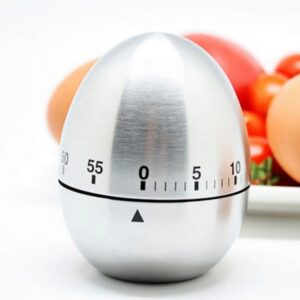
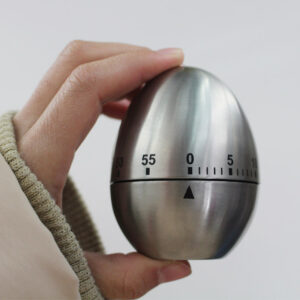
Kitchen Timer
$15.90 Buy Now
Electronic Timer with Type-C Charging: Suitable for tech-savvy cooks looking for a rechargeable, environmentally friendly option.
Portable ABS Alarm Clock: A versatile choice that can be used both in and out of the kitchen, especially where portability is needed.
Specially, let me introduce the newly arrived at out FICA Lab store, stylish Rubik’s Cube Timer, available in 10 vibrant color options! This fashionable and functional timer is designed to catch the eye while ensuring precision timing for all your cooking needs. Perfect for both novice cooks and culinary experts, it adds a pop of color and a touch of whimsy to any kitchen setup. Whether you’re timing a quick breakfast egg or a slow roast, this Rubik’s Cube Timer is your go-to gadget for adding fun and flair to your culinary endeavors.
-

Rubik’s cube timer
$55.90 Buy Now
Choosing the right kitchen timer enhances your cooking experience, ensures meal success, and can even prevent cooking mishaps. By considering these factors, you can select a timer that not only meets your culinary needs but also fits into your kitchen life perfectly. Happy cooking!





